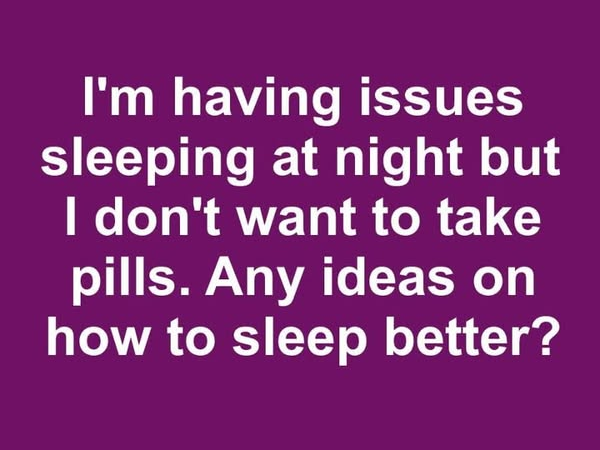Cracking the Code to Better Sleep: Causes, Tips, and When to Seek Help
Sleep problems can strike anyone, and they stem from a mix of stress, daily habits, and your surroundings. Whether it’s tossing and turning for hours, waking up multiple times at night, or rising way too early, these issues can leave you exhausted. The first step to fixing them? Figuring out what’s causing your sleep woes. Keeping a sleep diary can be a game-changer, helping you spot patterns and triggers.

The ABCs of Sleep Hygiene
Sleep hygiene isn’t just a fancy term—it’s the key to consistent, quality sleep. Sticking to a regular sleep schedule, making your bedroom a cozy oasis, and avoiding caffeine and nicotine before bed are all part of the deal. By nailing these habits, you’ll not only sleep better but also feel healthier overall.
Wind Down with a Bedtime Routine
Your body needs a heads-up that it’s time to relax. A calming pre-sleep routine does just that. Maybe it’s curling up with a good book, taking a warm bath, or practicing deep breathing. The goal? To unwind and leave the day’s stress behind.
Food, Drink, and Zzzs
What you eat and drink matters—big time. Heavy meals or caffeine close to bedtime can derail your sleep, while foods rich in tryptophan, magnesium, and melatonin can help you doze off. Think almonds, bananas, or a cup of chamomile tea for a sleep-friendly evening.
Exercise: Friend or Foe?
Exercise is great for sleep, but timing is everything. Working out too close to bedtime can rev you up instead of calming you down. Aim to finish your workout a few hours before hitting the sack.
Taming Stress for a Good Night’s Rest
Stress and anxiety love to mess with your sleep. Mindfulness meditation, muscle relaxation, or journaling can help keep them in check. Once you tackle the root stressors, you’ll find it easier to relax and drift off.
Your Bedroom: The Sleep Sanctuary
Your sleep space can make or break your slumber. Keep it dark, quiet, and cool. Blackout curtains, earplugs, or a white noise machine can work wonders. And don’t skimp on a comfy mattress and pillows—they’re worth the investment.
Natural Sleep Aids: Worth a Try?
If you’d rather skip the meds, natural sleep aids might be your answer. Herbs like valerian root, lavender, and passionflower have long been used to promote relaxation. Just make sure to chat with your doctor before trying new supplements.
Tech’s Sneaky Impact on Sleep
Screens before bed are a no-go. The blue light they emit can block melatonin, making it hard to fall asleep. Try to avoid screens for an hour before bed, or use blue light filters if you can’t.
When to Call in the Pros
If you’ve tried everything and still can’t catch some Zs, it’s time to seek help. Chronic sleep problems could signal an underlying disorder like insomnia or sleep apnea. A doctor or sleep specialist can offer real solutions to get you back on track.



